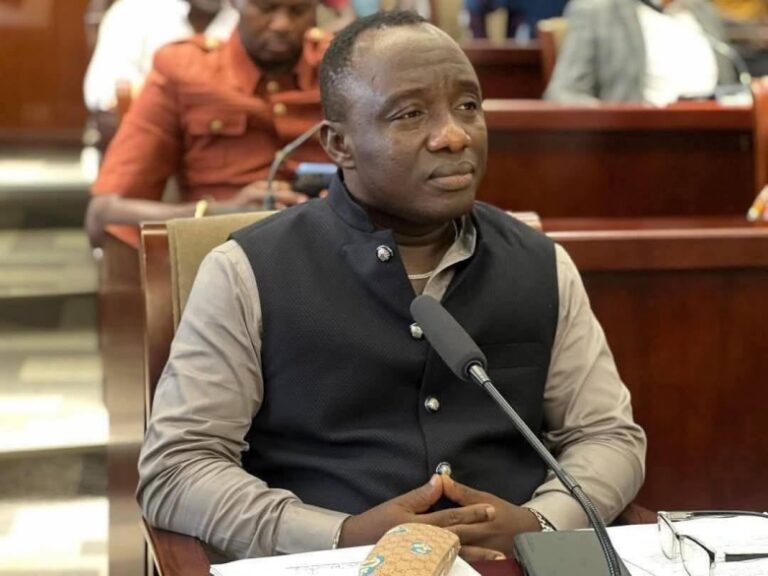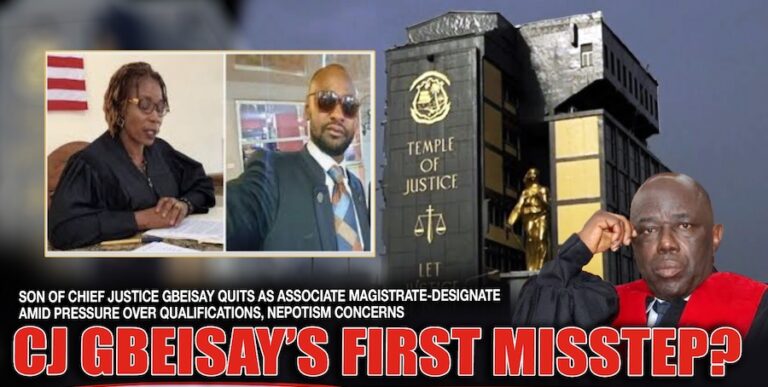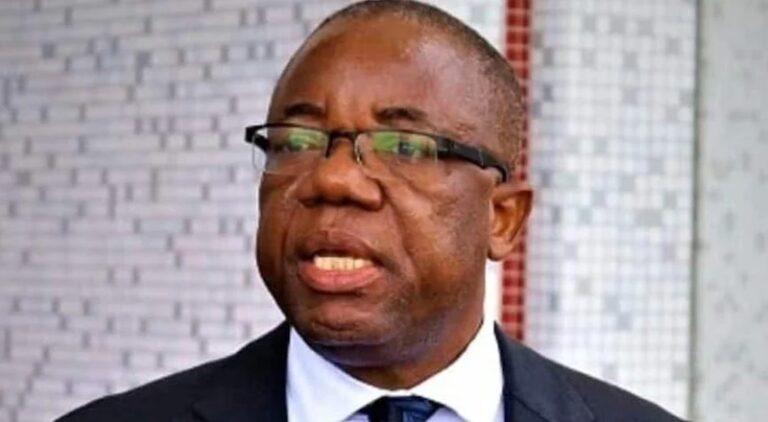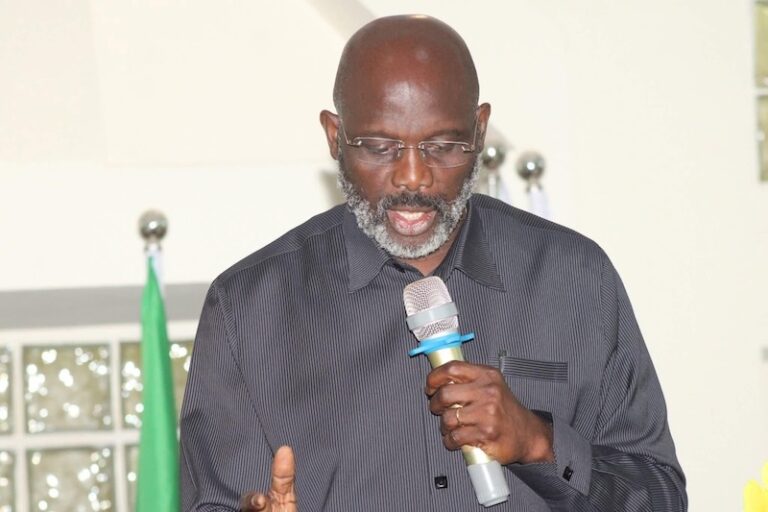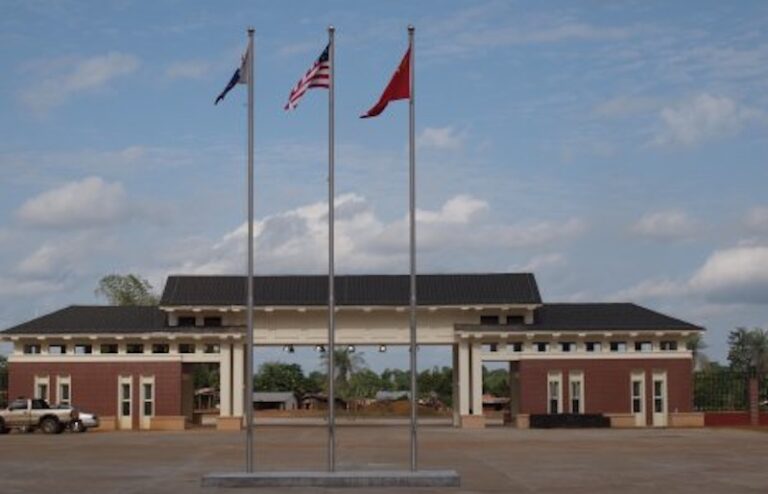
Published: June 20, 2025
Monrovia — In a rebuttal to recent public claims that thousands of foreign nationals—particularly Indians—are occupying jobs meant for Liberians, ArcelorMittal Liberia (AML) has released a comprehensive employment breakdown showing that over 80 percent of its workforce is Liberian.
The company flatly denied the claim that “3,000 Indians” are working at its operations in Liberia. According to AML, as of May 31, 2025, it employs 2,848 full-time workers, 2,555 of whom are Liberians, representing 90 percent of the permanent staff. The remaining 293 expatriates, or 10 percent, are primarily technical experts and senior-level professionals, AML said.
“Anyone with any number other than this is simply asked to show evidence,” AML stated. “Our books are open to any form of labor-related audit.”
AML also revealed that as of April 30, 2025, an additional 6,147 individuals were employed on fixed-term or contractor agreements under its Phase Two expansion. Of these, 4,705 were Liberians, accounting for 77 percent, while 1,442 were expatriates—many engaged in specialized roles related to construction, engineering, and infrastructure upgrades.
When combined, AML’s total workforce stands at 8,995, of which 7,260 (81%) are Liberians and 1,735 (19%) are expatriates.
Addressing Public Backlash
The company’s release follows growing public scrutiny over foreign employment practices in Liberia, particularly in the mining, construction, and industrial sectors. The issue exploded after Civil Service Agency (CSA) Director-General Josiah Joekai presented a damning report to the Liberian Senate earlier this month.
Joekai revealed that 7,032 out of 10,103 work permits issued in 2024 were for roles legally reserved for Liberians under the Decent Work Act of 2015. These roles, described as “Liberianized” positions—including engineers, sales managers, and human resource officers—were allegedly filled by foreign nationals without adequate proof that qualified Liberians were unavailable.
According to the CSA, Indian nationals alone accounted for 51.79 percent of all foreign hires, followed by Turkish and Chinese workers. Among the companies listed in the CSA’s findings, AML was named as having received 728 work permits in 2024, placing it among the top three private employers of foreign labor behind AFCONS Construction and BEA Mountain Mining Corporation.
Contradictions and Tension
Labor Minister Cllr. Cooper W. Kruah, who appeared before the Senate earlier this month, defended his ministry’s actions, stating that 75 percent of the permits issued were renewals and that the perception of “mass approvals” was exaggerated. He claimed that most foreign employees had already been in Liberia before his appointment and were simply regularizing their legal status.
But Joekai’s data, which includes 6,156 regular permits, 314 ECOWAS permits, and 562 GRATIS permits, appeared to undermine that defense, suggesting that many of the permits were granted without required labor market testing or job advertisements.
Under Chapter 7, Section 7.1 and Chapter 45, Section 45.9 of the Decent Work Act, foreign nationals may only be hired for Liberianized positions if no qualified Liberian is available—and only after the position is publicly advertised for 30 days. Furthermore, Revised Regulation No. 17 of 2019 prohibits the issuance of work permits for informal sector jobs to non-African nationals.
Senate Divided Over CSA’s Role
While Joekai was praised by some lawmakers for exposing systemic flaws in Liberia’s labor permit system, others, such as Senator Thomas Yaya Nimely, Chair of the Senate Committee on Labour, expressed discomfort. He criticized Joekai for addressing the Senate plenary directly instead of going through his committee, calling it a breach of legislative protocol.
“He should be more focused on managing the CSA rather than encroaching on labor matters,” Nimely said.
Despite the criticism, the CSA Director-General maintained his stance, arguing that the issue is one of national importance and economic justice. “Thousands of jobs that should have gone to Liberians were instead filled by foreign workers,” Joekai said. “It’s about giving our people a fair chance to earn a living in their own country.”
AML’s Position
Against this backdrop of rising public outrage and policy confusion, AML says it remains committed to honoring the terms of its Mineral Development Agreement (MDA), which mandates preference for Liberian employment.
“AML is proud of its role in providing sustainable jobs to thousands of Liberians and contributing to the economic stability of the nation,” the company said. “Our human resource practices are not only compliant with the law, but are also transparent and open to review.”
AML further emphasized that many of its expatriate hires are short-term specialists engaged in technical aspects of its multi-million-dollar expansion project, which includes the construction of a modern iron ore concentrator, railway upgrades, and port expansion.
Source: The Liberian Investigator








